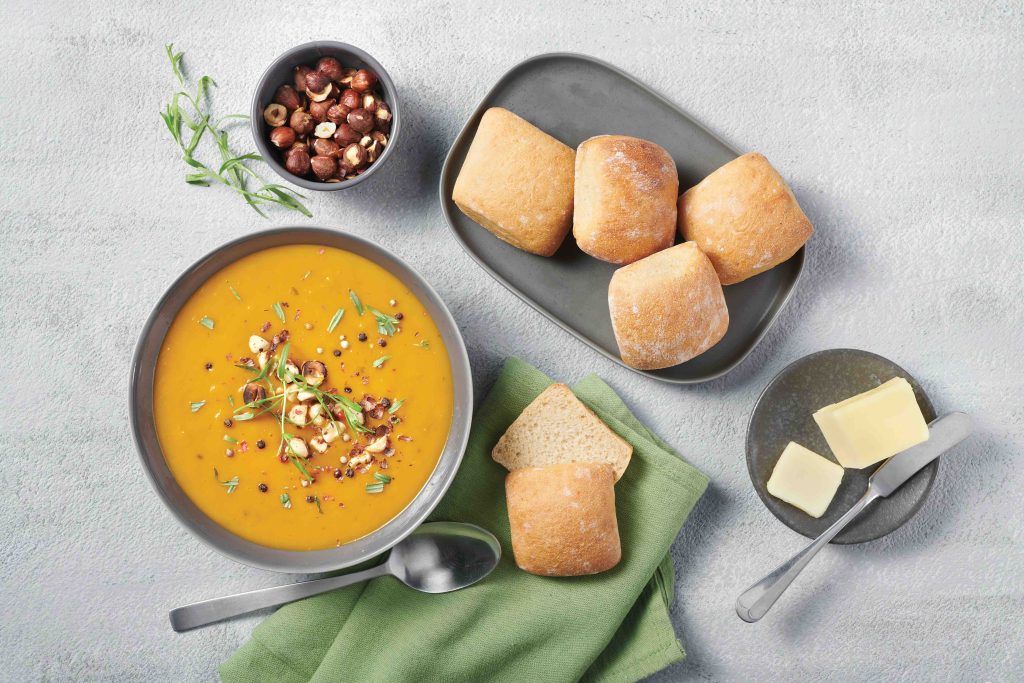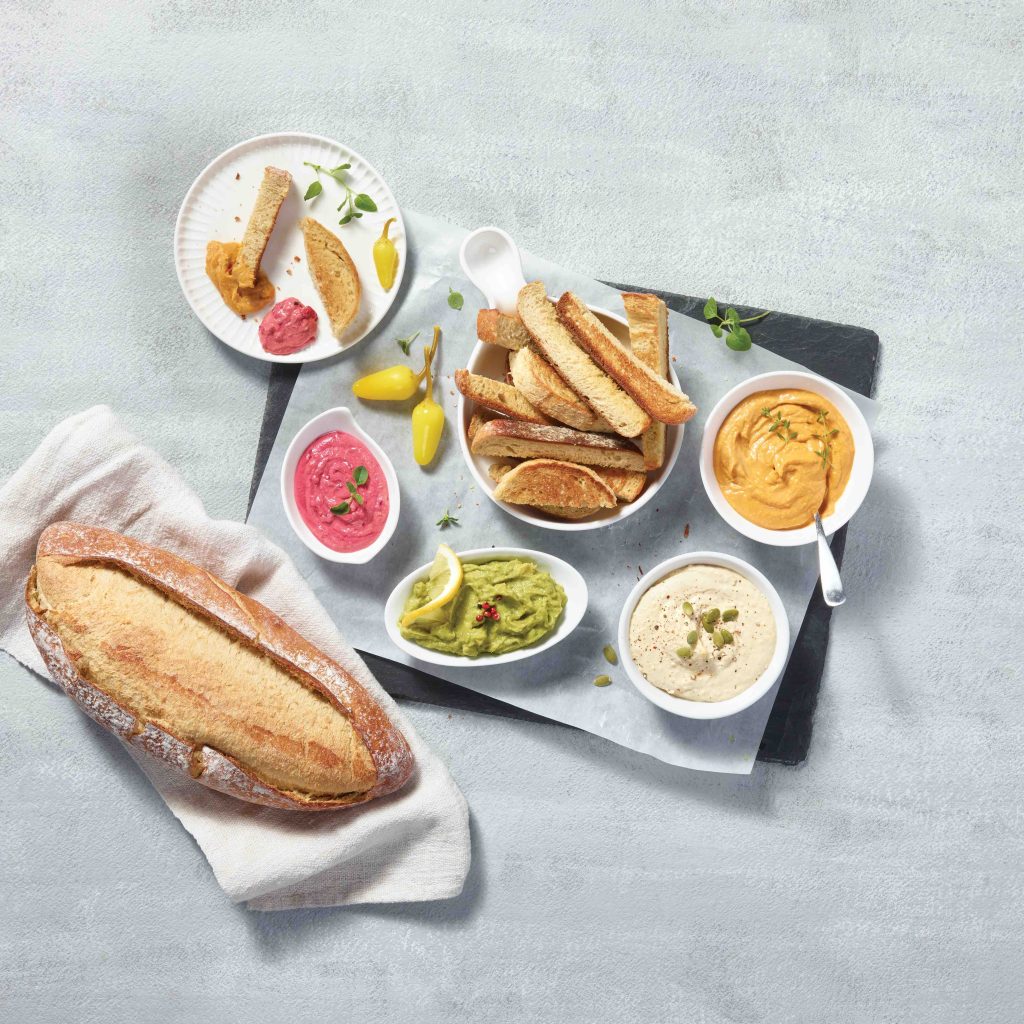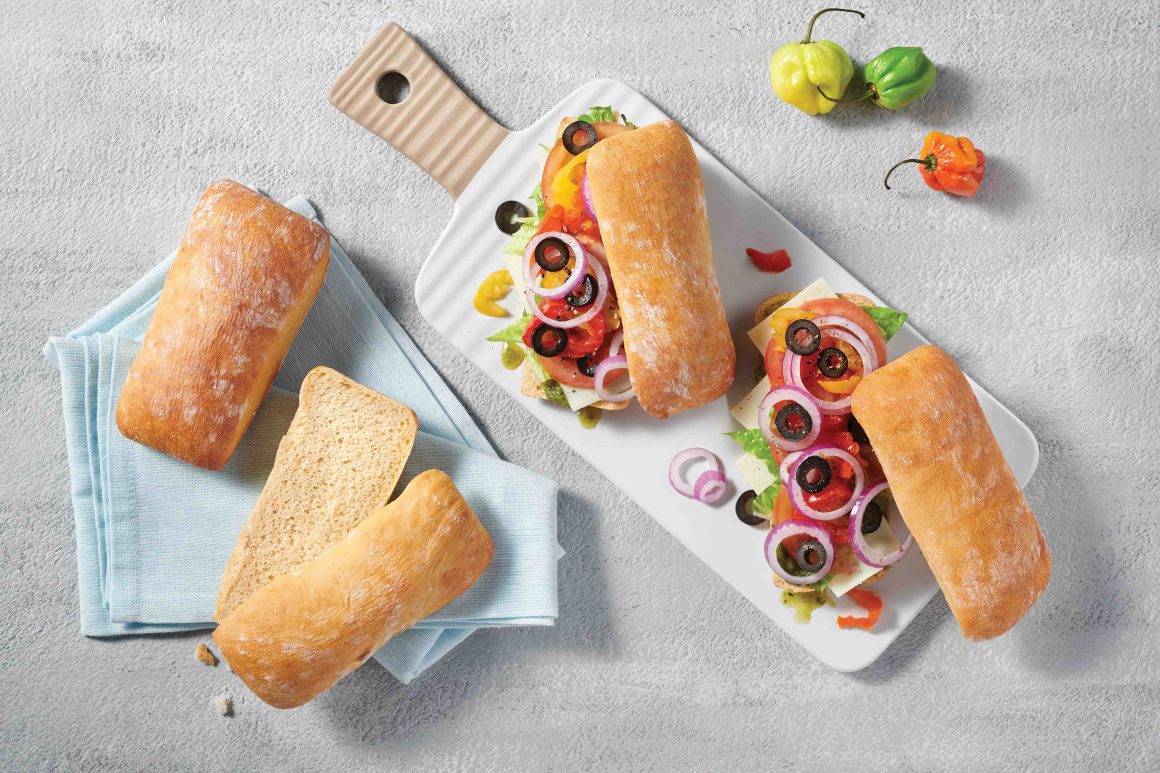EQUII, a company that changed the flour industry in 2023 with the world’s first complete flour and Bread products, has partnered with the honorary French baked goods maker, Bridor. The deal will see Bridor feature EQUII’s amino acid-rich flour in a wide array of baked goods from dinner rolls to artisan loaves. This agreement follows the August 7, 2024 announcement of the launch of Pasta, a high protein product by EQUII. These developments hold a wealth of opportunities at a time when the high protein flour sector is experiencing phenomenal growth. USDA Analytics already peg the industry with a market value in 2024 worth $22.6 billion.
Selina Wamucii learns more about this corporate development from Monica Bhatia, PhD, co-founder and co-CEO, EQUII.
First we learn from Bhatia that EQUII’s fermented protein flour has revolutionized healthy snacking by enhancing flour nutrition:
“EQUII’s breakthrough technology has revolutionized healthy snacking by offering a paradigm shift when it comes to protein. By turning flour from a source of carbs to a source of complete protein and balanced nutrition, EQUII’s fermentation-based approach fortifies flour with high quality protein that is derived from common organisms like yeast, our flour has 45% of protein, with all 9 essential amino acids, while also reducing carbs by 40%. EQUII’s products help consumers access protein through staple foods instead of meat, eggs, or dairy, ultimately creating an inherent way towards meat reduction, by replacing those foods with a substantially more sustainable, kinder and cleaner labeled ingredient.”
18% to 45% Protein DV
“Offering great taste, non-GMO ingredients, and the continued goal to change the food system for the better, EQUII’s all-natural and highly versatile flour can make breads, pastas and many other conventional flour-based products. Each slice of EQUII bread provides 10g of complete protein which amounts to 18% daily value of protein and is 6x higher in protein than other specialty breads on market. Similarly, EQUII pasta has 27g of protein and 45% of daily value, almost 50% higher than other healthy pastas in the market.”

Bhatia also forestalls the question on whether this partnership with bakery expert Bridor will change EQUII’s existing bread products:
“This partnership will not impact EQUII’s existing lineup of breads, as this partnership is in the food service sector, while EQUII’s current lineup of complete protein breads and pastas are consumer packaged goods sold on ecommerce and at retail.
“Bridor’s utilization of EQUII’s protein-packed yeast flour will create original offerings such as high-protein baked goods like dinner rolls, sandwich carriers, artisan loaves, sliced bread for sandwiches, french toast, and assorted offerings.”

And is this the first time Bridor is having protein-based ingredients for its bakery products?
“Yes, this is the first time Bridor is utilizing protein-based ingredients for its bakery products.”
Ends the co-founder and co-CEO of EQUII on this insightful clarification.
About EQUII
EQUII is a protein-based flour maker that has existed since 2021, a partnership between Monica Bhatia, PhD, and Baljit Ghotra, PhD. Both co-founders are distinguished food, biotech, and plant protein scientists. About Page: EQUII.
Global Protein Flour Statistics
As a main ingredient of protein-based flour, wheat ranks among the grains with the biggest cultivation area. The global wheat belt averages 217 million hectares per year across over 120 nations. Since around 8000 B.C., this grain has been insuring food security and hence the need to enhance its mainly carbohydrate nutrition. One such approach is to retain the cereal’s protein-rich gluten parts such as glutenin and gliadin during processing.
How much protein does the average person gain from wheat flour products?
The median protein intake per person per day from wheat products is 16 g. This means that wheat provides 19% of the 82 g that constitutes the daily average intake of protein per person. Incidentally, wheat offers 60% of the 32 g of protein derived from only grains per capita.
Where do people consume most protein as a portion of wheat?
In major wheat-consuming cultures in North Africa, the Middle East and Central Asia, wheat makes up 38% of the daily protein intake. This is even as developing nations derive 20% of their daily protein from wheat.
